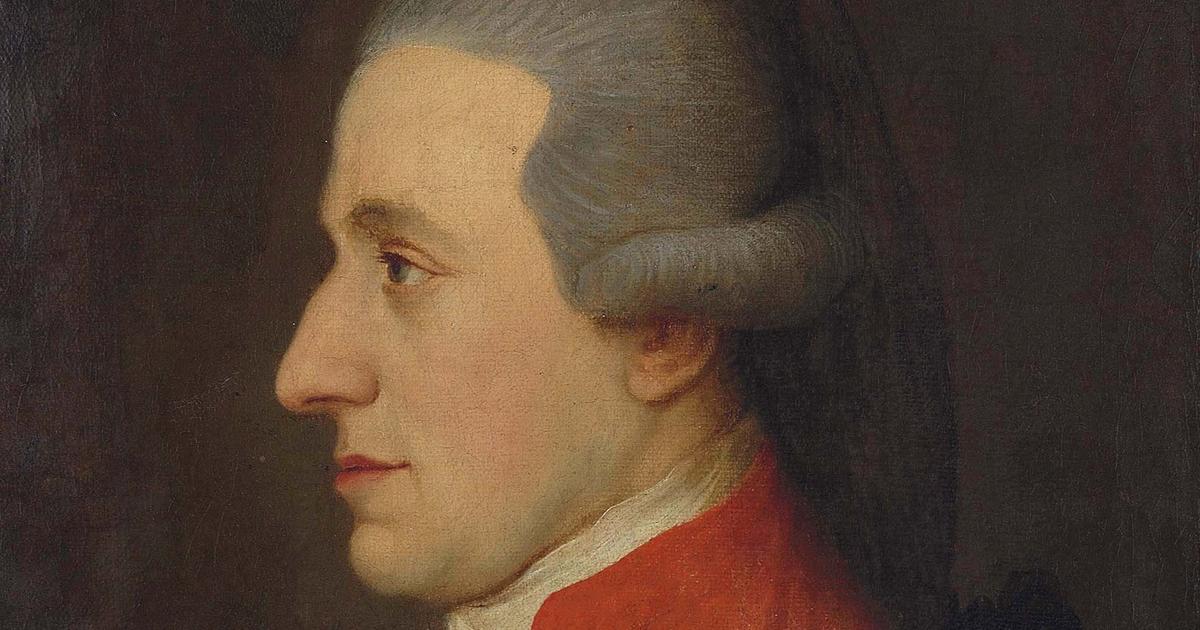Graham Chapman, one of the six members of Monty Python, in 1982.Nancy Moran / Sygma via Getty Images
English humorist Graham Chapman, the tall, blond Monty Python member remembered for starring in
The Knights of the Square Table
and
The Life of Brian
, was not known for being serious.
When the American presenter David Letterman interviewed him in 1982 on his television show to promote
The Meaning of Life
He said the group received a letter from a lady in Scotland condemning him to hell, without knowing his name, for talking about homosexual activism on television. "Eric Idle answered him back by telling him not to worry, they had already discovered him and taken him," Chapman joked. The response dispelled seriousness and generated a series of laughter and applause from the audience. Letterman, who had been visibly uncomfortable, called for a publicity cut.
However, his rights were something the comedian took seriously. Born in Leicester in 1941, Chapman was one of the first celebrities to be open about his homosexuality in the United Kingdom and supported, together with his partner, David Sherlock, the founding of
Gay News
, the first LGTB medium in his country, which he included in his first edition an interview of both. “Since I was little, I always heard my parents say 'What will the neighbors think?' I opposed that as soon as I could, ”Chapman commented in 1984, on
Channel 4's
Opinions
program
. One of the few times he spoke on television without the artifice of humor and with Sherlock in the background.
The show was tentatively about social pressure, but the comedian's editorial could well be about what is now called the heteropatriarchal system.
“Parents, having already decided on their gender identity and fearing 'what the neighbors will think', instill in the child the man or woman that he should be.
Boys don't cry and girls don't play with motors, ”argues Chapman.
"And because?
To keep the last name?
Or because of the fear of what the neighbors will say if that nice girl turns out to be a macho or that rude boy is a butterfly? "
More information
An agent provocateur
Half a century of laughter with the Monty Python
Chapman tells in his crazy memoir
A Liar's Autobiography
(
Autobiography of a liar
) that when he was three or four years old he went out for a walk with his mother and saw the corpses of some pilots shot down by the Germans stuck in the trees. His father, who was a police officer, led a gang that collected the mutilated remains without much alarm. The dissonance between the calm and serious attitude in the face of an absurd and grotesque situation would be something that would define both his sense of humor and his desire to break conventions.
The humorist studied medicine at Cambridge, where he met John Cleese - his friend and partner in Monty Python - and defined his attraction to men.
"Every time I got into a taxi, train or bus I looked at passersby and wondered who I would like to go to bed with and the ratio of boys and girls was seven to three," Chapman wrote in his postmodern autobiography.
His conclusion was that he was simply "a great fagot, but a macho man who smokes a pipe."
The members of the Monty Python comedy group in 1969: behind, from left to right, Graham Chapman, Eric Idle and Terry Gilliam;
front, John Cleese and Michael Palin.BBC
We are all a little mouse
Monty Python Flying Circus
premiered on the BBC in October 1969. The show, a global comedy landmark, was defined by surreal humor that disrupted the norms and conventions of British society at the time. Chapman often portrayed dim-witted police officers and military officers whose exaggerated rigor was mocked. Together with Cleese, the Cambridge graduate wrote some of the group's most memorable and absurd routines, such as the one about the dead parrot, the cheese shop or the discussion clinic. However, the son of the Leicester policeman took advantage of making comedic allusions about homosexuality only two years after sexual relations between men had been decriminalized in the United Kingdom.
The most obvious example is a parody of a television report that appears in the second chapter, about men who organize private parties where they dress up as mice and pass cheese. An anonymous interview, sensational images and the prejudiced opinions of people on the street complement a segment not far from reality. Chapman, the author of the segment, plays a mixture of psychiatrist and conjurer who claims that 8% of people are mice and that "we are all a little bit mice" before comparing it to pyromania.
The
queer
flashes
of his contributions to the show seem more a reflection of him than an intention to leave messages or change opinions. However, those little winks in the margins sometimes said to say a lot. The credits of the last episode of the third season of the series, after a
sketch
about a wife swapping championship, list the members of Monty Python and their hypothetical wives in all kinds of dating combinations. The one and only monogamous exception are Graham Chapman and David Sherlock, Chapman's partner since 1966, with whom he raised an adopted son and remained with him until the comedian's death from cancer in 1989, at age 48.
You can follow BABELIA on
and
, or sign up here to receive
our weekly newsletter
.















